North America: Books
Further resources, if available, can be found in our full bibliography.
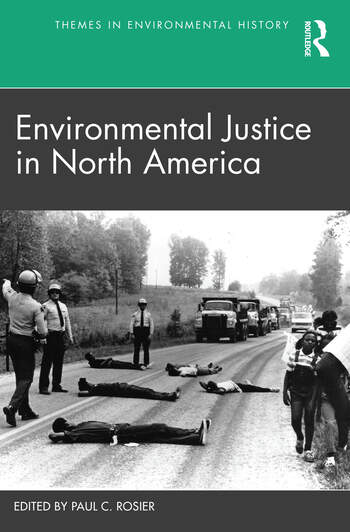
This book highlights activist voices confronting environmental injustice across North America. Contributors explore how BIPOC and white working-class communities organize against systemic racism, pollution, and poverty, issues made more urgent by the COVID-19 pandemic. Covering movements from DAPL to Flint, and including diverse Indigenous and marginalized groups, the collection offers accessible case studies for analyzing the intersection of environmental, racial, and social justice.
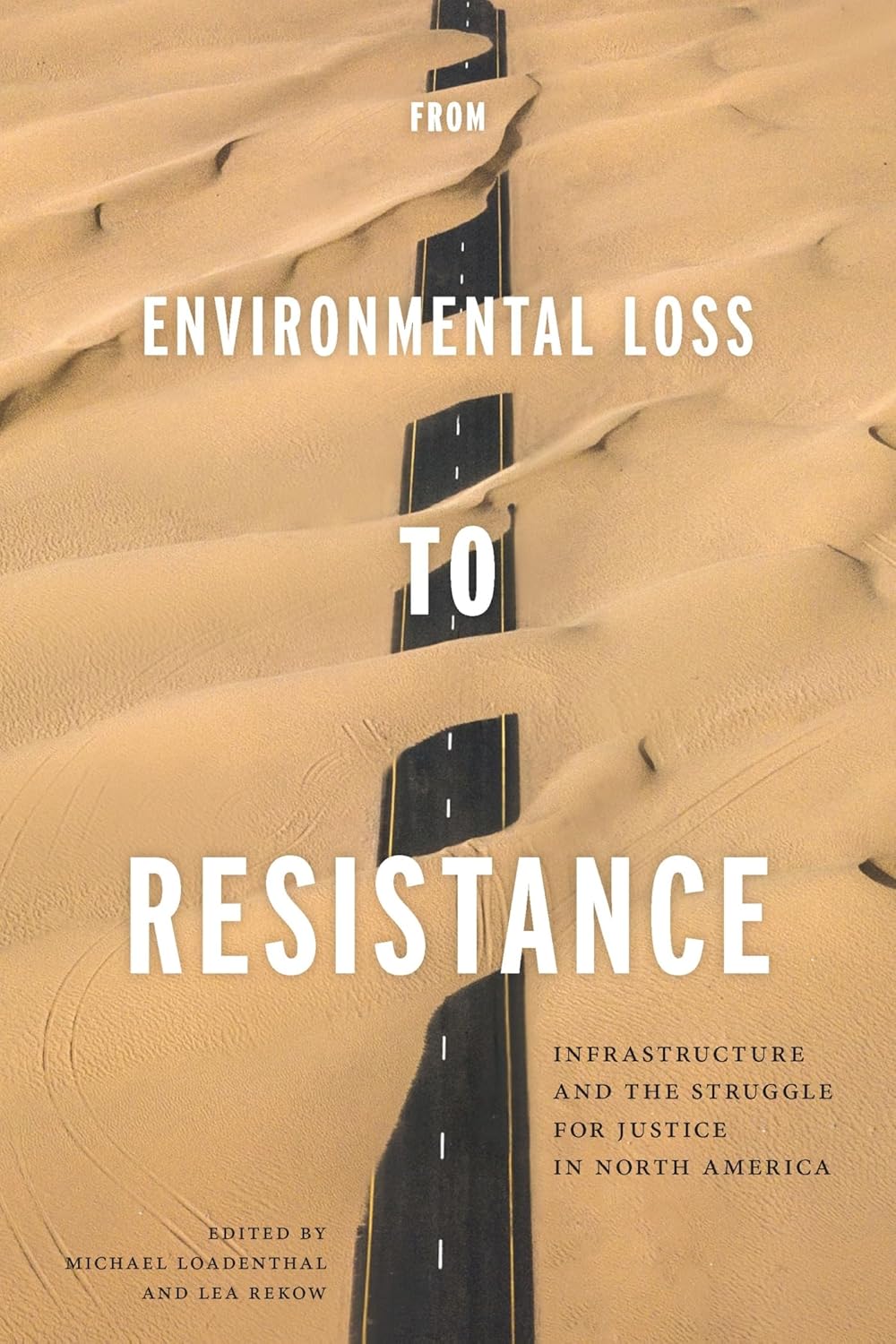
From Environmental Loss to Resistance: Infrastructure and the Struggle for Justice in North America
Michael Loadenthal, Lea Rekow
University of Massachusetts Press
2020
This collection explores how North American communities respond to escalating environmental crises and social inequality. As climate disasters and industrial projects threaten homes, health, and Indigenous rights, contributors–ranging from scholars to activists–examine how people cope with despair, mobilize for change, and pursue environmental justice. The essays address race, class, and geography, and emphasize justice, connection, and reconciliation as essential elements in forging a more equitable and sustainable future.
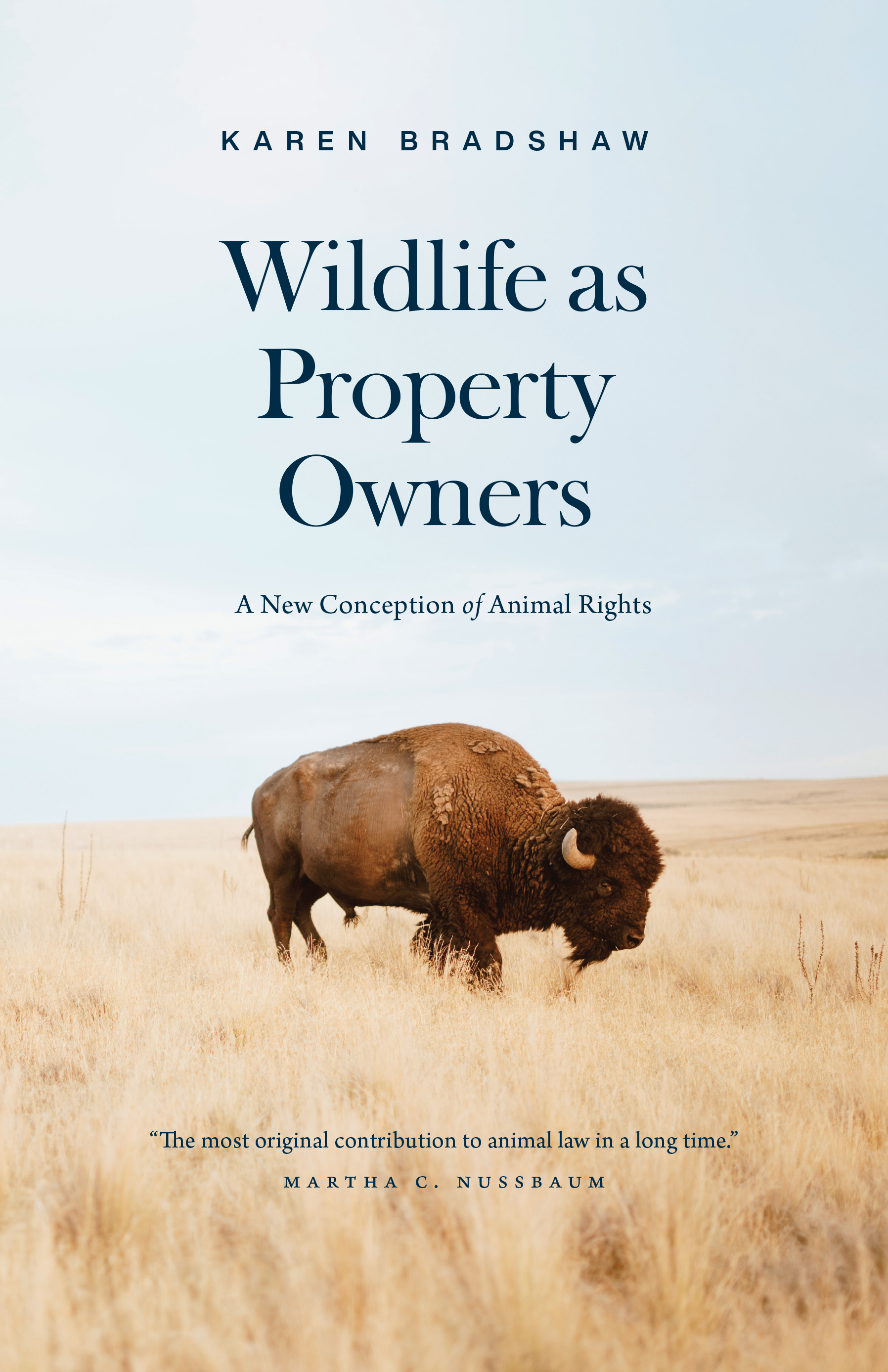
Wildlife as Property Owners: A New Conception of Animal Rights
Karen Bradshaw
University of Chicago Press
2020
This book challenges the human-centered foundations of property law, arguing that excluding animals from land ownership is fueling global biodiversity loss. Legal scholar Karen Bradshaw presents a bold proposal to extend property rights to wildlife. By recognizing animals as legal landowners, she suggests that humans can create a more just and sustainable system that protects ecosystems and supports the well-being of all species.
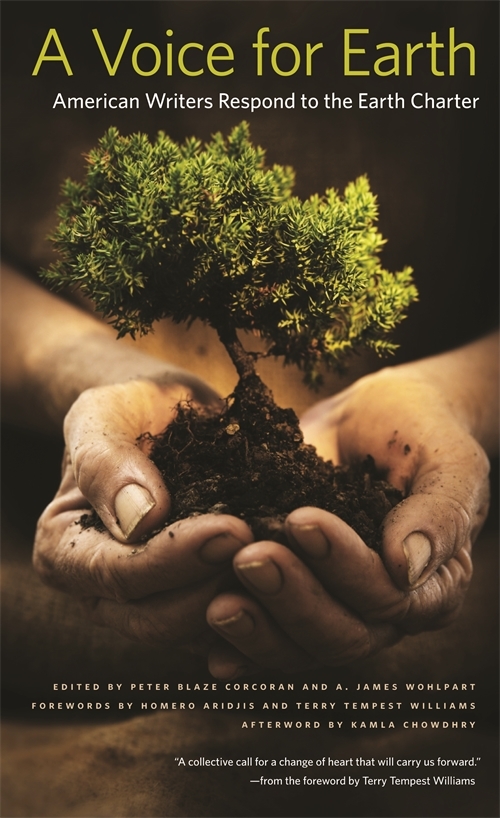
Voice for Earth: American Writers Respond to the Earth Charter
Peter Blaze Corcoran, A. James Wohlpart
University of Georgia Press
2008
This collection of poems, essays, and stories gives voice to the Earth Charter’s ethical vision for a just, sustainable, and peaceful world. It begins with Steven C. Rockefeller’s account of the Charter’s drafting, followed by original works from ten writers who creatively interpret its principles. The final section features Leonardo Boff’s call for a new global ethic rooted in care. Together, these contributions bridge imagination and principle, inviting deeper reflection on humanity’s role within Earth’s community.
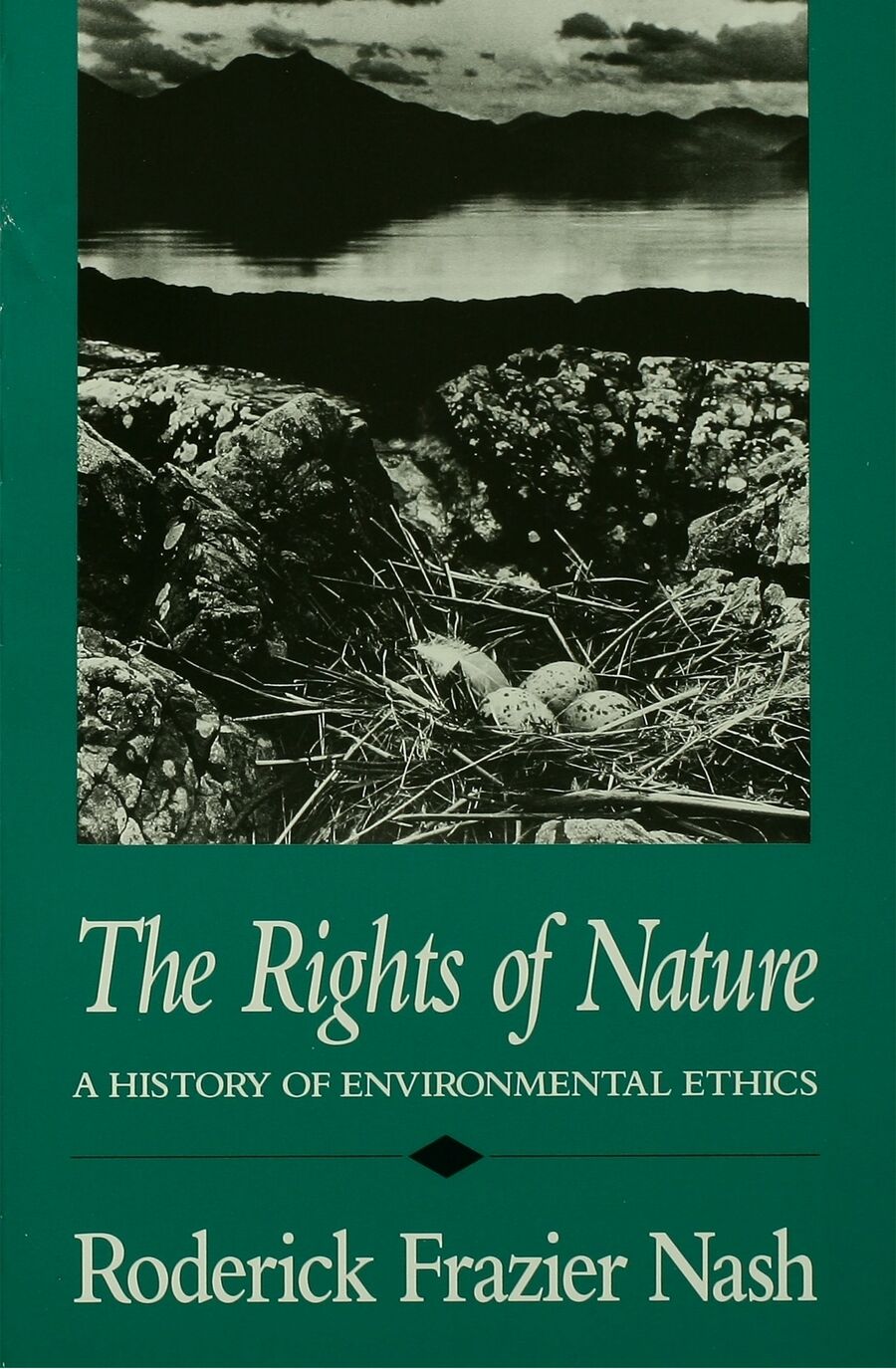
The Rights of Nature: A History of Environmental Ethics
Roderick Frazier Nash
University of Wisconsin Press
1989
This book traces the evolution of environmental ethics, from natural rights to the rights of nature, focusing on attitudes in the United States. He explores key figures like Locke, Thoreau, and Darwin, linking ecology and ethics. The work examines the greening of religion, philosophy, nature’s liberation, and the limitations of liberalism in extending rights to the non-human world.
Photo Credit: Coyote at Yellowstone National Park; Carol Highsmith’s America/Unsplash